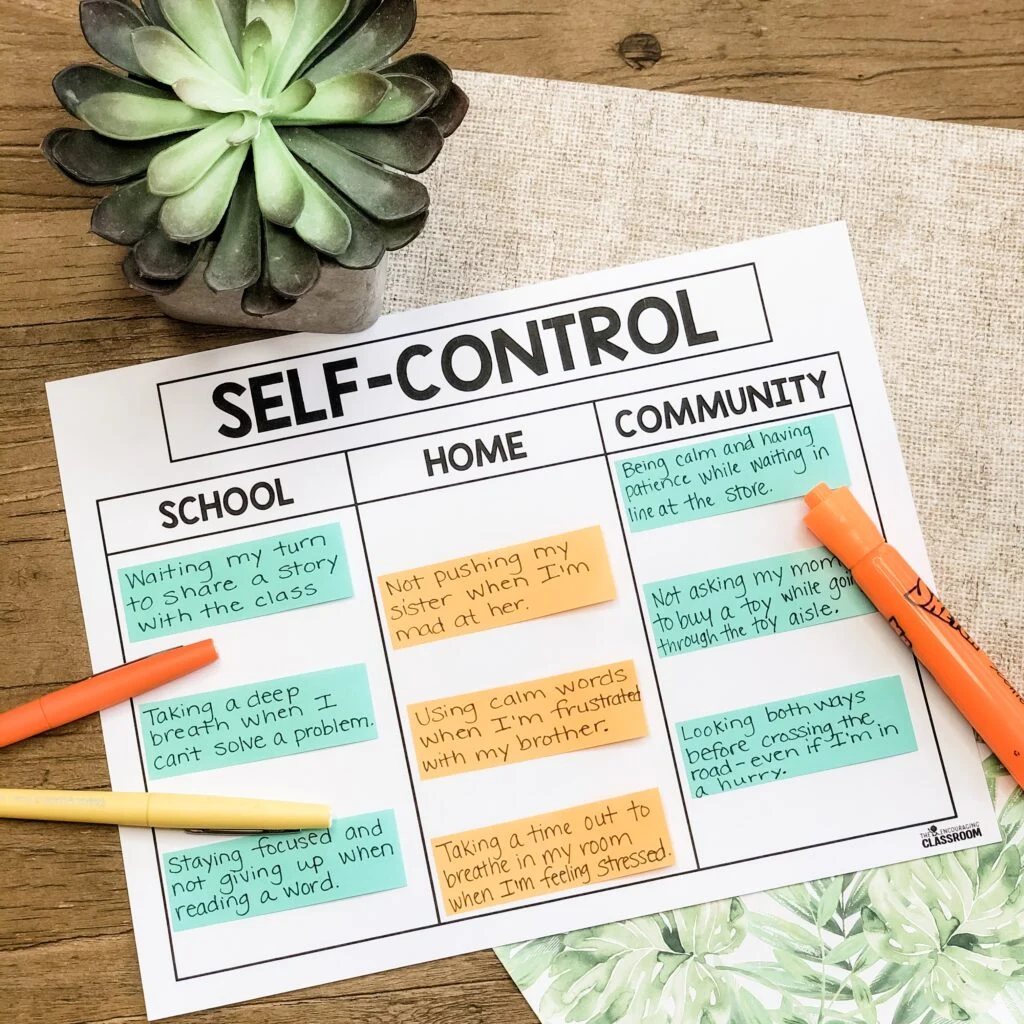Key Takeaways
- Mindfulness meditation is said to enhance emotional regulation and decrease impulse control due to which promotions are made through it.
- SMART goals give you a direction to head toward and motivation to stay disciplined.
- Practicing a healthy lifestyle sets the stage for an organized daily routine, so you experience less decision fatigue.
- Practice delayed gratification to ensure the long-term benefits are prioritized over short-term pleasures.
- Cognitive Behavioural Techniques (CBT) provide helpful resources to implement and regulate one’s emotions and urges.
- When you do exercise, it releases stress and improves mood which automatically increases the amount of self-control.
- Writing enables you to reflect on your behavior and better understand your actions.
- Expressing gratitude focuses on optimistic goals and decreases stress.
- Defends against stress and increases productivity:
- For ongoing struggles with self-control, professional help can offer tailored solutions.
what is Self-Control
Self-control, which is considered as restraint, temperance discipline or willpower by regulating one’s emotions, thoughts, physical functions and behavior in the presence of powerful temptations and impulses. Whether you are optimizing for life, career development, self improvement or overall well-being it is significantly important.
The symmetry of not only resisting short-term temptations but doing something about the long-turn interest for himself… It is important to keep the mind and body balanced, as that has an affect on your health, and life in general.
Importance of self control
It helps people keep their eyes on the prize, be it finishing a degree, saving for rainy days, or staying fit and healthy. Compounded by increased mental health, less stress and more optimal lifestyle choices. Better ‘self-control’ helps us manage our ’emotions‘, resulting into sound and stable relationships.
Seeing the contribution of those benefits can help us see why so many successful people understand that building self-discipline is one of the foundations of personal growth and success.
The Aspects of Self-Control
Fundamental to self-discipline is impulse control (i.e. the ability to override short-term temptations in favor of long-term benefits) This also involves emotional regulation (managing and responding to emotions in an appropriate way as well).
Another important element can be the setting of goals, from goal setting to making and keeping personal and professional goals. It is these aspects of self-control which when taken together offer a buffer from the trials and tribulations of life.
10 Self Control Activities
Mindfulness Meditation
Mindfulness meditation is a form of meditation where you focus your attention in present moment and increase your awareness of thoughts and feelings. Meditation can help self-control through better emotional regulation and reduced impulsive behaviors.
For practice, sit in a comfortable position, close your eyes and simply breathe. MINDFULNESS: Watch your thoughts pass by without any judgment (and keep up for 10-15 min a day). Engaging in this simple exercise will improve your impulse control and concentration.
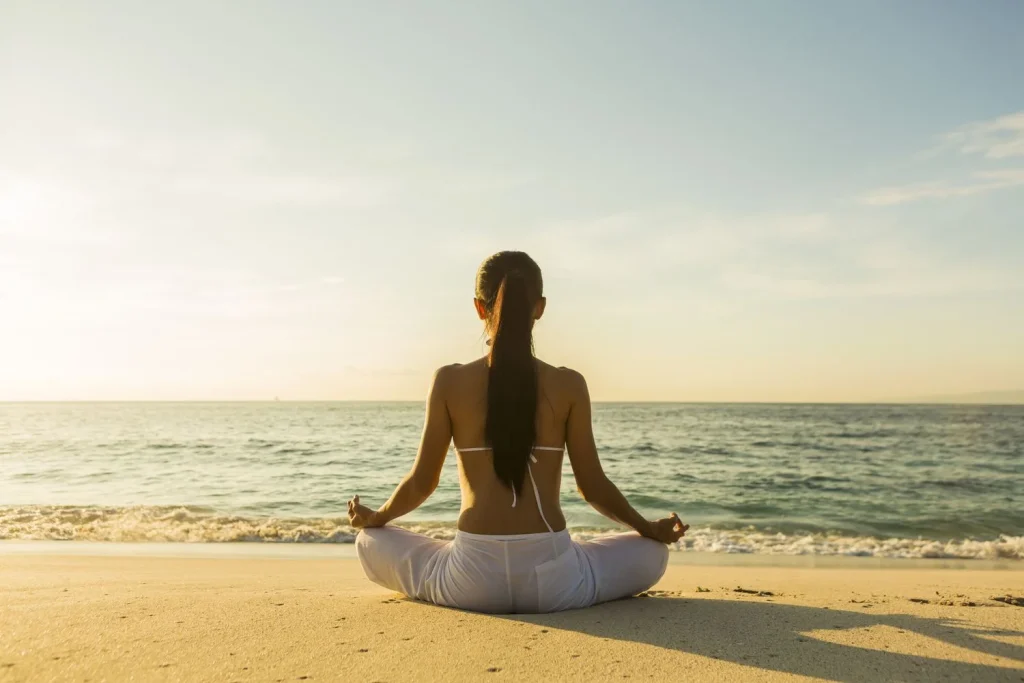
Setting SMART Goals
One way to improve self-discipline is by incorporating SMART goals (Specific, Measurable, Achievable, Relevant and Time-bound). Specific and organized goals keep us on a path towards our objective, maintaining compressed attention for longer periods without getting sidetracked from external factors.
So rather than simply setting the goal to “read more” you should have a goal that says, I will read one book on self-control every month. Having a tangible and time-bound goal like this is easier to manage, monitor your progress towards, and stay committed to.
By making sure your long-term goals are SMART you transform airy-fairy aspirations into tangible milestones that require discipline and motivation on your part.
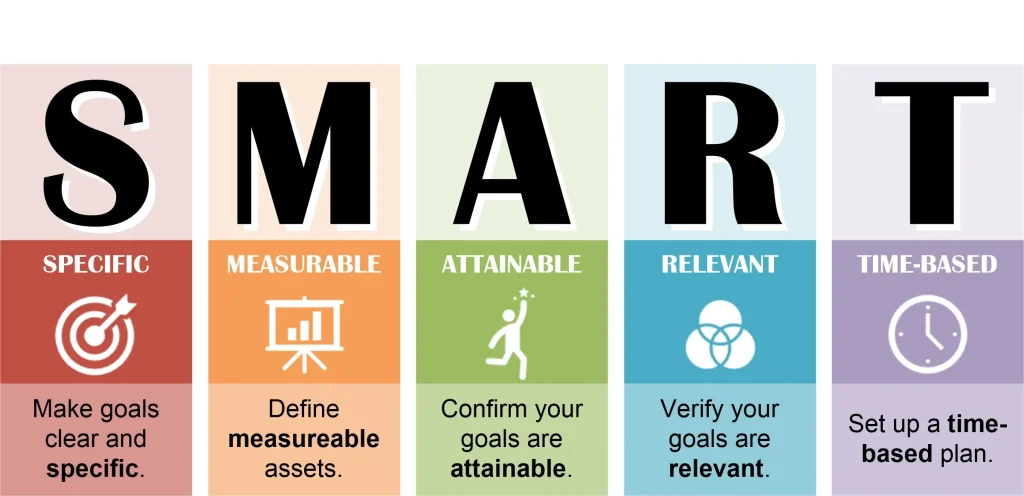
3. Developing Healthy Habits
A habit is an automatic behaviour that has been repeated frequently. Establishing good routines will help to conserve self-control, as it essentially minimizes the need for all sorts of decisions. Begin with small achievable steps, like drinking a glass of water every morning.
Set up triggers to remind yourself to complete the habit, reward yourself for making sure you do so, and measure. Such minor tiny habits snowballed through time can be used to translate into a strong scaffold of self-discipline where one has an easier time exerting control.
4. Exercising Self-control Delayed consumption
Delayed gratification is the process of resisting the temptation of an immediate award in favor of a bigger later reward. And it is fundamental to obtaining long-term goals, which is a big part of what self-control. If you always get triggered by going to social and doctors, promise yourself that it is what you do, take a long break.
Increase the time delay a bit more and increase as you get better at controlling yourself. This helps to discipline yourself and takes a habit of looking towards the long-term gains of anything since you understand that patience is necessary for them to occur.
5. Cognitive behavioral methods
Mindfulness practices) -Learning to set healthy boundaries and assert self needs with others -Building responsibility for our own actions/cleaning up our side of the street -Everything else we wish we had learned something about in grade school! -(CBT or Cognitive Behavioral Therapy can also be hugely helpful for learning impulse control.
And methods like cognitive restructuring (challenging and changing negative thought patterns) mindset can be especially beneficial. Pressing Play: Excellent processes that have been shown to help include behavioral activation and exposure therapy, as they increase activity and learning.
This provides some easy to use methods for emotional and impulse control, which effectively strengthens your ability to affect a resilient self.
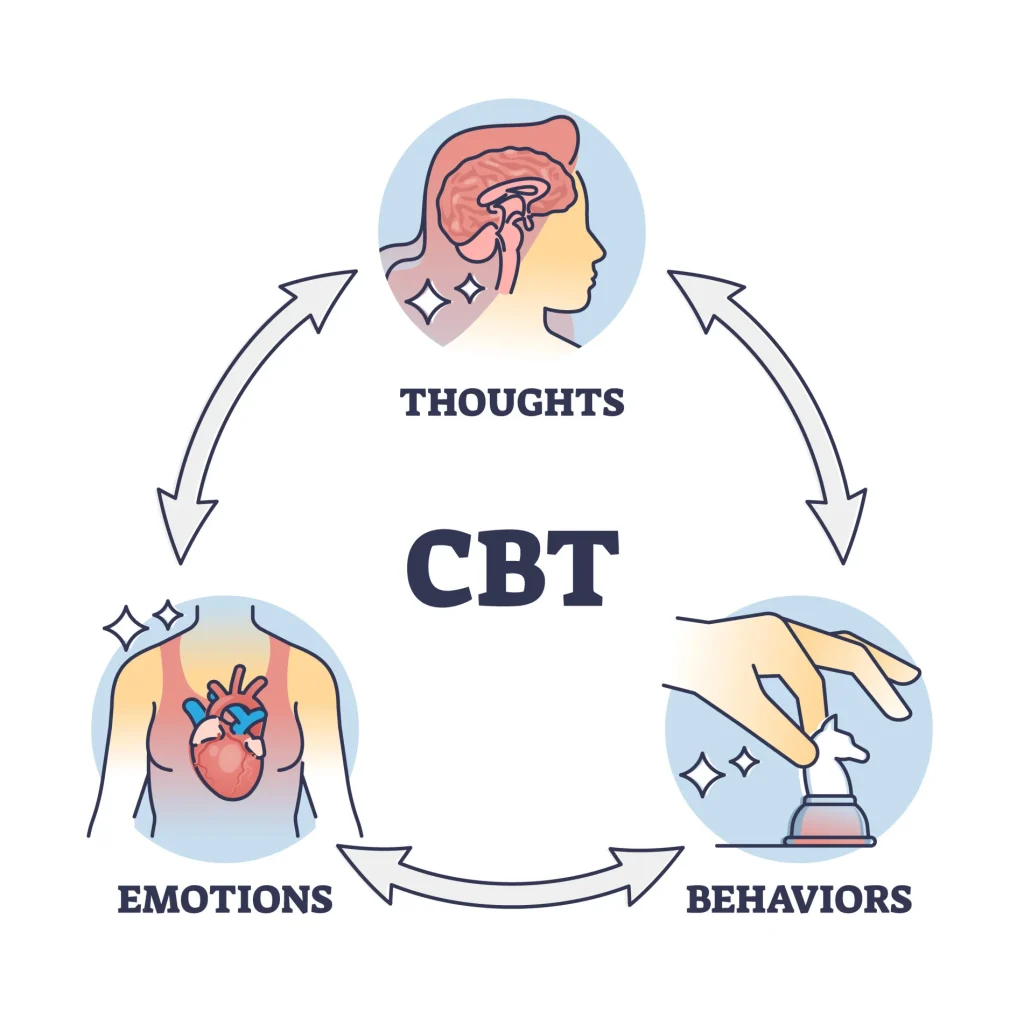
6. Physical Exercise
Nothing beats doing regular physical exercise – for the body and brain.Whatever sport grabs your fancy, it is worth undertaking on a consistent basis (Photo from Unsplash) Exercise can help lower stress, lift moods and boost self-discipline as well.
You must include both aerobic and strength-training exercises to your schedule. Commit to a regular exercise routine and choose workouts that you like so you do not feel bored or lose your motivation.
7. Journaling
The social media posts, podcasts, and books on this blog can open so many different doors for you; however, where the manifesting magic happens is in your daily journal writing. Keeping a journal might also help you understand your actions and where you need to change.
What things bother me the most and makes me lose self discipline. Use journal prompts like these to write about it; The second is around “What has helped me remain disciplined”? When you write in a journal regularly, it can make you more aware of what you do.

8. Practicing Gratitude
This increased control is due to the positive emotions and stress reduction that gratitude promotes. Focusing on what we have is already fertile ground for imagination to root and grow our goals – ideals that can become far truer and more powerful than any negative impulse.
Gratitude Journal – Record three things everyday that you are grateful for. Thank people often (in words, through notes, etc) Go to sleep remembering your finest moments. Follow these practices for a more positive and resilient mindset.
9. Time Management Techniques
Self-control can seem overwhelming, especially in such a fast-paced demanding world-and time is of the essence. Stress is kept at bay and productivity if shot when you have your ways to prioritise, and manage time effectively.
Scheduling your to-dos on a planner or digital calendar Conservation break tasks into DOABLE, meaning short-term tasks, or steps and Select due dates and get along tightly to them.
Multitasking, if you are, stop it. One at a Time Effectively managing your time can help you get out of overwhelm and instead take a logical, disciplined approach to your day to day activities.
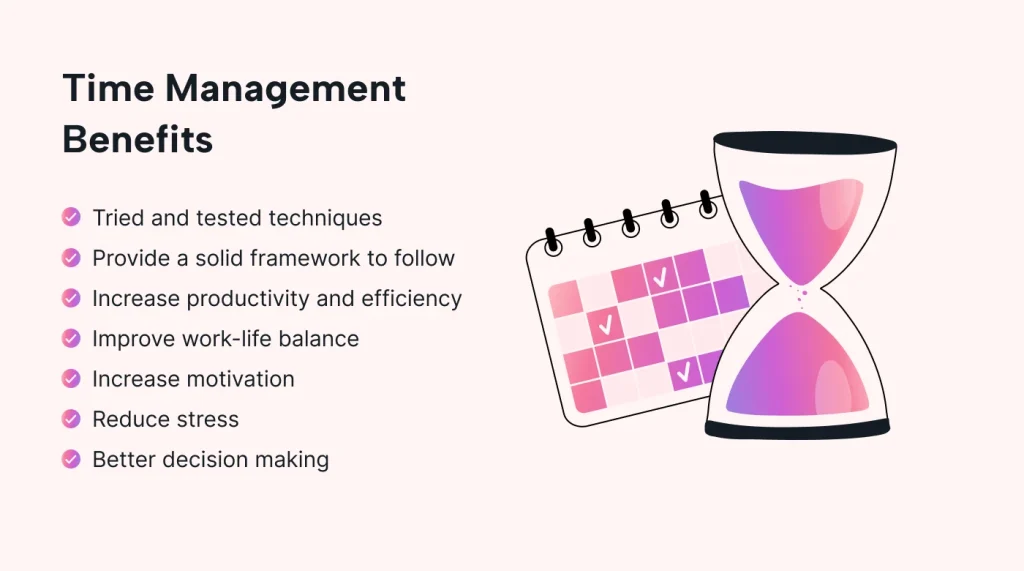
10. Seeking Professional Help
People that seek help from a therapist or counselor can get individual help and strategies to manage their self-control. If you struggle with the ability to regulate your impulse control, it’s impacting your life, driving a wedge in between relationships or co-existing with anxiety or depression there may be an opportunity for support.
By providing individualized strategies and interventions, therapists allow you to develop the skills and perspectives required for self-regulation and life satisfaction.
The Value of Self-Control Exercises
Self-contol activities are important because they give individuals the tools to resist short term rewards in exchange for long term ones. This is critical for success in your life and professional, for health of mind and body and relationship building.
When one practices them regularly, it will help a person gain that firm hold and mentality they need to thrive and be well. It is definitely worth it and has a huge impact on multiple areas of life to work on having more self-control.
Conclusion
Learning to master self-control is a lifer changer and will improve your quality of life in more ways than one. Practicing willpower by some of the self-control activities such as mindfulness meditation, setting SMART goals and delaying immediate gratifications can help people get to their long-run goals.
Self-control is a skill that can be developed, yet it does require sustained effort to achieve. For additional reading on improving self-control and willpower, visit a local mental health organization or consult with a professional.
What is the time frame needed for self-control improvements?
It depends on the individuals but it is possible to see an improvement even just a few weeks to several months after repeatedly performing control activities.
Is there any age of developing the self-control and the ability to control our desires?
Yes, there are no doubt one may able to develop his/her habits at any stage by a constant practice and effort.
What are some of the hurdles that you have in actually developing self-control?
Common challenges: stress, lack of motivation, ingrained habits. All this needs a lot of patience, perseverance and sometime even professional help.
What part does playing do in our learning control?
Engaging in physical activity -lowering stress, brightening mood, increasing self-discipline, all leading to improved mental health and even greater self-control.
At what point do self control issues require professional help?
Persistently impulsive and negative effects on day to day living and relationships, or having co-occurring mental health issues such as Anxiety/Depression – seek professional help.

Russell F. Jones, holding a Master in psychology from the University of Florida. He writes for Smart Parent Solutions, offering practical advice on parenting and child development. His engaging content helps parents navigate family life with confidence and ease. Russell enjoys sharing his knowledge and spending quality time with his family.
